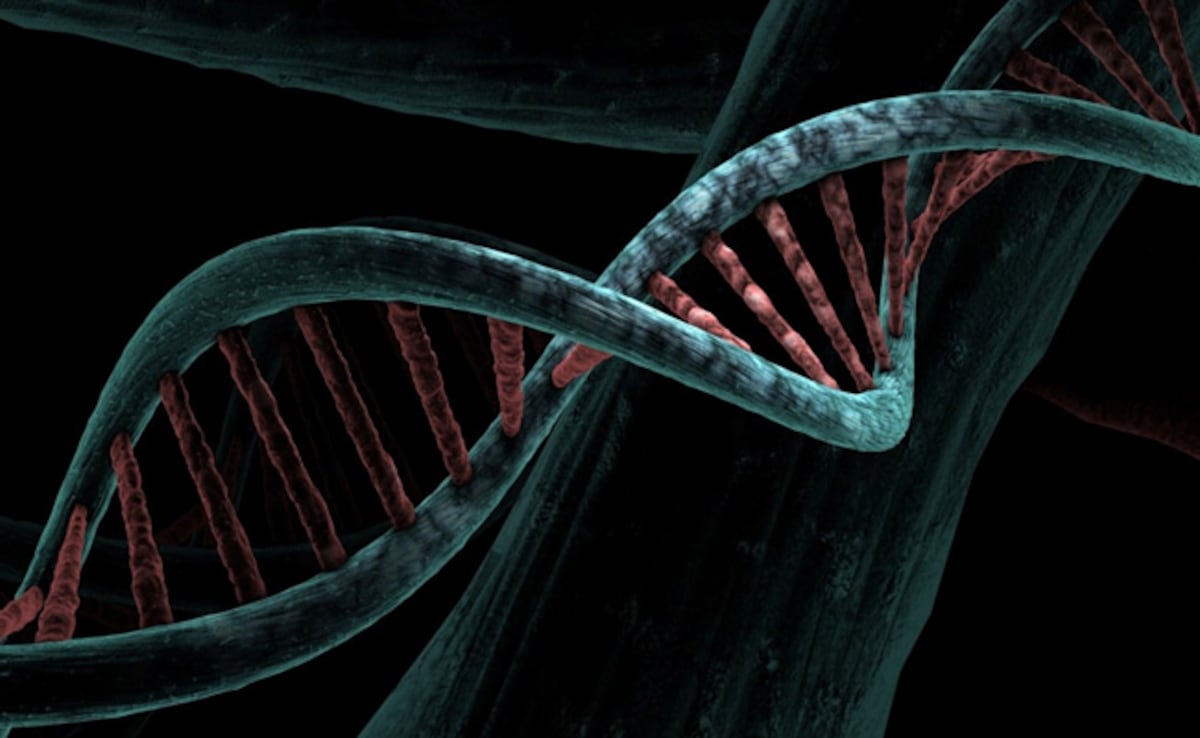A groundbreaking investigation into the genomes of approximately 3,200 individuals across Japan is reshaping our understanding of the country's ancestry. This study reveals that the genetic background of the Japanese people is far more complex than previously thought.
Traditionally, it was believed that the Japanese population descended from two primary groups: the rice-farming migrants from East Asia and the indigenous Jomon- the hunter-gatherers. However, this recent study, led by scientists at RIKEN's Center for Integrative Medical Sciences, identifies a third ancestral group with connections to northeast Asia, particularly the Emishi people. This discovery supports the "tripartite origins" theory proposed in 2021.
"Our analysis revealed Japan's subpopulation structure at a fine scale, which is beautifully classified according to geographical locations in the country," explains Chikashi Terao, the lead researcher of the study.
The research team conducted one of the largest genetic studies of a non-European population. They assembled the entire genomes of individuals from seven regions, spanning from Hokkaido in the north to Okinawa in the south. Utilizing whole-genome sequencing enabled them to access in-depth genetic information-approximately 3,000 times more than previous methods.
"Whole-genome sequencing gives us the opportunity to look at more data, which helps us find more interesting things," Terao explains.
The research investigated how different ancestral groups contribute to the genetic makeup of various regions in Japan. For example, Jomon ancestry is most prevalent in Okinawa, while western Japan exhibits a stronger genetic affinity with Han Chinese, likely due to historical migration patterns.
Emishi ancestry is commonly found in northeastern Japan, revealing distinct geographic variations in genetic heritage.
The scientists also examined rare genetic variants, which can provide insights into ancestry and migration patterns. Terao explains, "We reasoned that rare variants can sometimes be traced back to specific ancestral populations, and could be informative in revealing fine-scale migration patterns within Japan."
This strategy has led to a better understanding of how certain genetic traits are distributed across the country.
The research also reviewed the genes inherited from archaic human species such as Denisovans and Neanderthals. "We are interested in why ancient genomes are integrated and retained in modern human DNA sequences," Terao elaborated.
For instance, certain genetic markers linked to health conditions were identified, which may shed light on variations in disease susceptibility among Japanese people.
The researchers offer possibilities for future advancements in personalized medicine. By organizing specific gene variants that affect health, the scientists aim to connect genetic differences with disease predisposition.
"What we've tried to do is to find and catalog loss-of-function gene variants that are very specific to the Japanese people," Terao stated. This work could lead to better understanding and treatment of conditions such as chronic liver disease, hypertension, and hearing loss.
This comprehensive genetic study has provided new insights into the complexity of Japan's ancestry, revealing the influence of a third ancestral group and highlighting the diversity within the population. The findings not only deepen our understanding of Japan's genetic history but also have significant implications for personalized medicine, potentially improving the diagnosis and treatment of various health conditions. This research marks an important step in uncovering the intricate layers of Japan's genetic heritage.
Beyond revealing Japan's complex ancestry, this study opens the door to exploring genetic diversity in other non-European populations. It demonstrates how using whole-genome sequencing can help uncover hidden ancestral links in different parts of the world, offering new insights into human history and migration.

